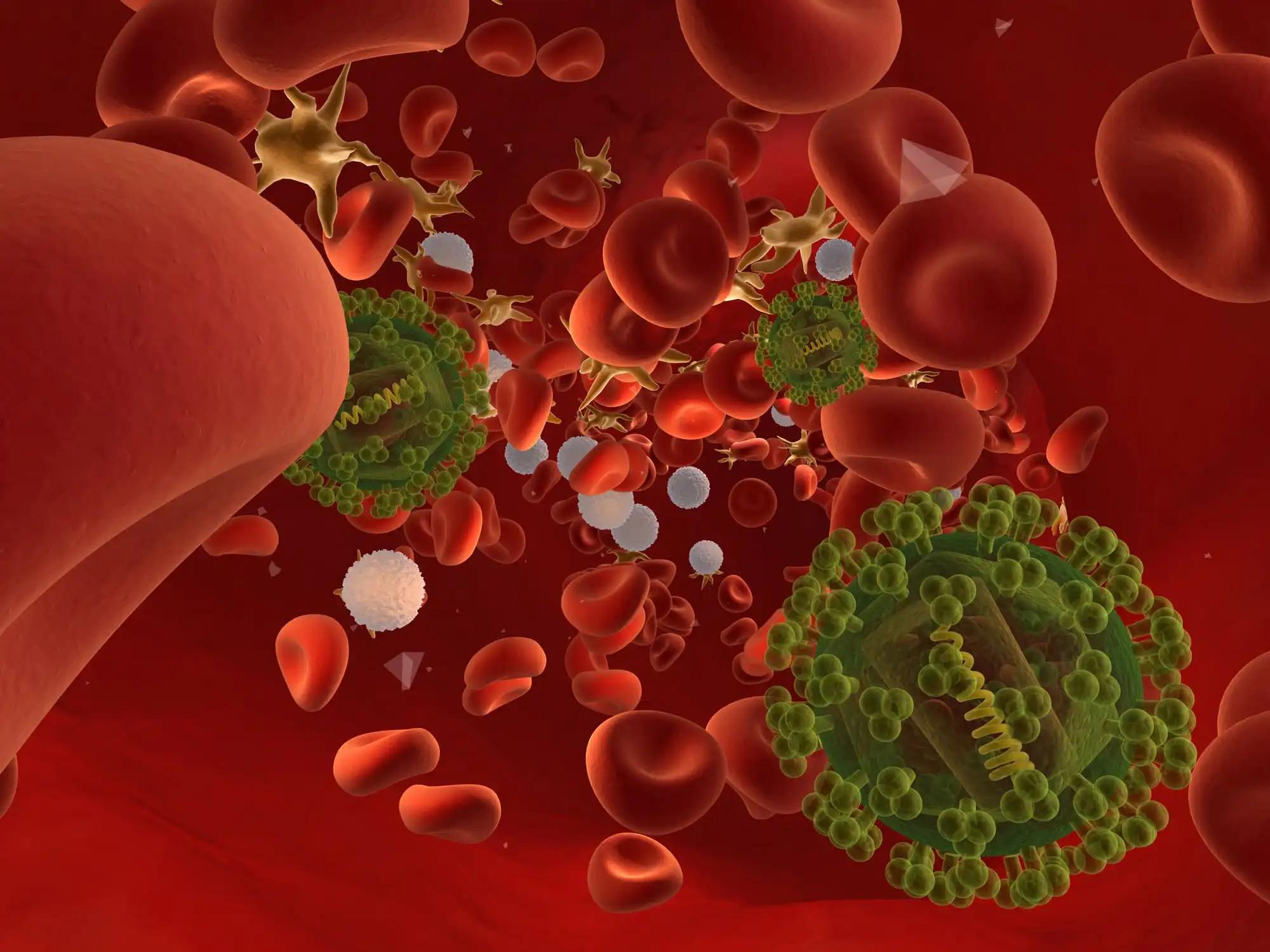KEY TAKEAWAYS
- The MAURIS trial is a multi-center, open-label, phase IIIb study evaluating the safety and efficacy of ATZ in combination with Cb and Eto in patients with newly diagnosed ES-SCLC.
- The study’s primary aim is to assess the incidence of serious adverse events related to treatment and serious and non-serious immune-mediated adverse events among patients receiving at least one dose of study therapy.
- The outcome measures include efficacy by RECIST v1.1 (PFS, ORR, and OS).
- The study allows for the inclusion of patients with ECOG PS2 and untreated asymptomatic brain metastases, which is different from the inclusion criteria of the IMpower133 trial.
- The trial has enrolled 131 out of 150 patients across 26 Italian centers.
Despite several attempts, very little progress has been achieved in the last several decades toward developing effective systemic medications for ES-SCLC. The PD-L1 inhibitor ATZ and Cb-Eto combination are effective against ES-SCLC in the IMpower133 study. Compared to placebo-Cb-Eto, this combination was associated with significantly prolonged progression-free survival (PFS) and overall survival (OS). Median overall survival at 22.9 months of follow-up was 12.3 months in the ATZ arm compared to 10.3 months in the placebo arm (HR, 0.76; 95% CI, 0.60-0.95; P =.0154), confirming the data from the primary analysis (Reck et al. ESMO Congress 2019). ATZ combinations have shown a safety profile that aligns with the constituent medicines’ expected toxicity. Daily clinical practice can benefit from further research assessing safety and efficacy in subsets of patients not involved in the pivotal trial.
Patients with newly diagnosed ES-SCLC are eligible to participate in MAURIS, a phase IIIb trial assessing the safety and effectiveness of ATZ plus Cb and Eto. Patients with ECOG PS2 and untreated asymptomatic brain metastases are also eligible for this study, unlike the IMpower133 trial. The induction phase consists of four to six cycles of chemotherapy plus ATZ 1200 mg every three weeks, followed by ATZ maintenance every three weeks until progression, intolerable toxicity, or clinical deterioration. It’s okay to use radiation to treat a thoracic consolidation. The primary objectives are the incidence of treatment-related serious adverse events (SAEs) and immune-mediated AEs in patients who have received at least one dose of study therapy. RECIST v1.1 secondary goals include progression-free survival, overall response rate (ORR), and overall survival. Current enrollment stands at 131 out of 150 participants from 26 locations across Italy.
Source: https://oncologypro.esmo.org/meeting-resources/esmo-virtual-congress-2020/atezolizumab-atz-in-combination-with-carboplatin-cb-and-etoposide-eto-in-the-treatment-of-patients-with-previously-untreated-extensive-stage
Clinical Trial: https://clinicaltrials.gov/ct2/show/NCT04028050
G. Martini, E. Bria, C. Gridelli, M.C. Garassino, A. Ardizzoni, F. De Marinis/1808TiP – Atezolizumab (ATZ) in combination with carboplatin (Cb) and etoposide (Eto) in the treatment of patients with previously untreated extensive-stage small cell lung cancer (ES-SCLC): A multicenter, phase IIIb, single-arm, safety study (MAURIS trial)/Annals of Oncology (2020) 31 (suppl_4): S974-S987. 10.1016/annonc/annonc290



